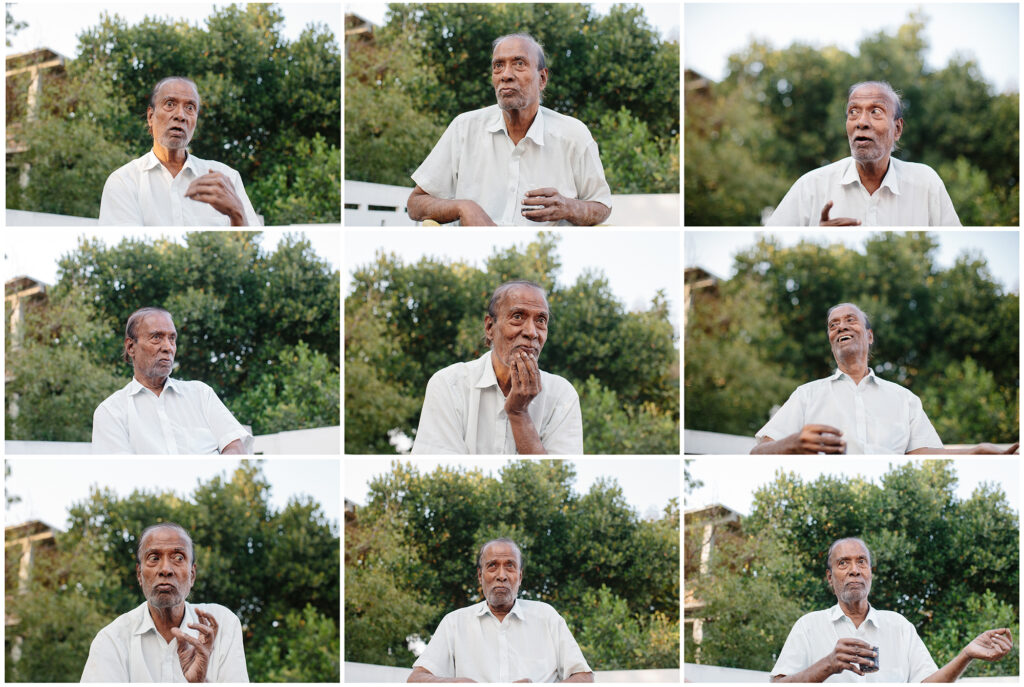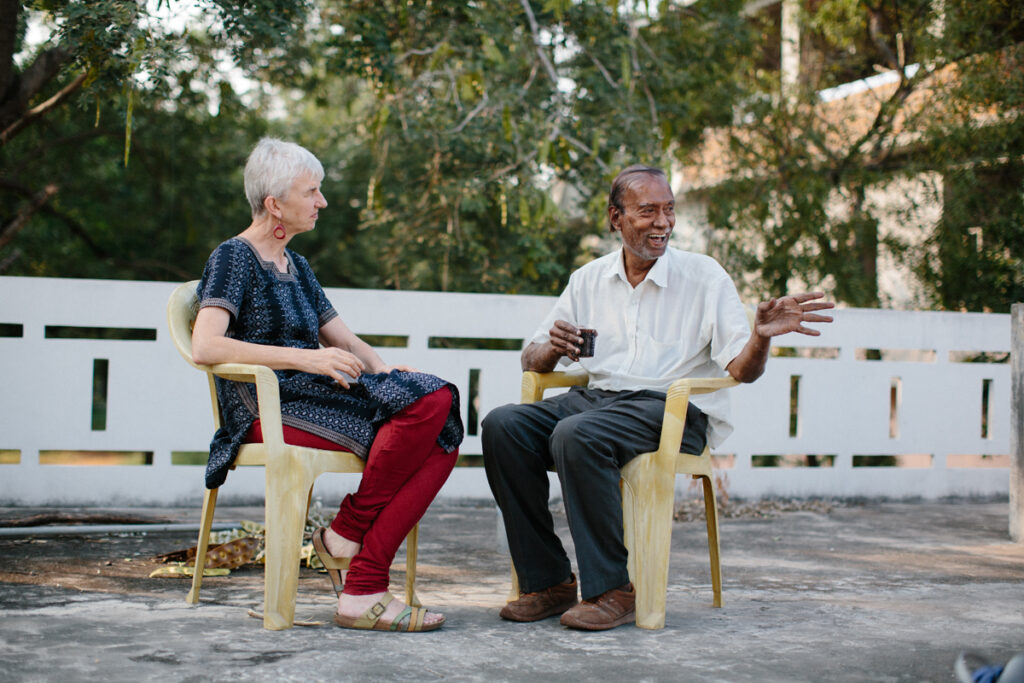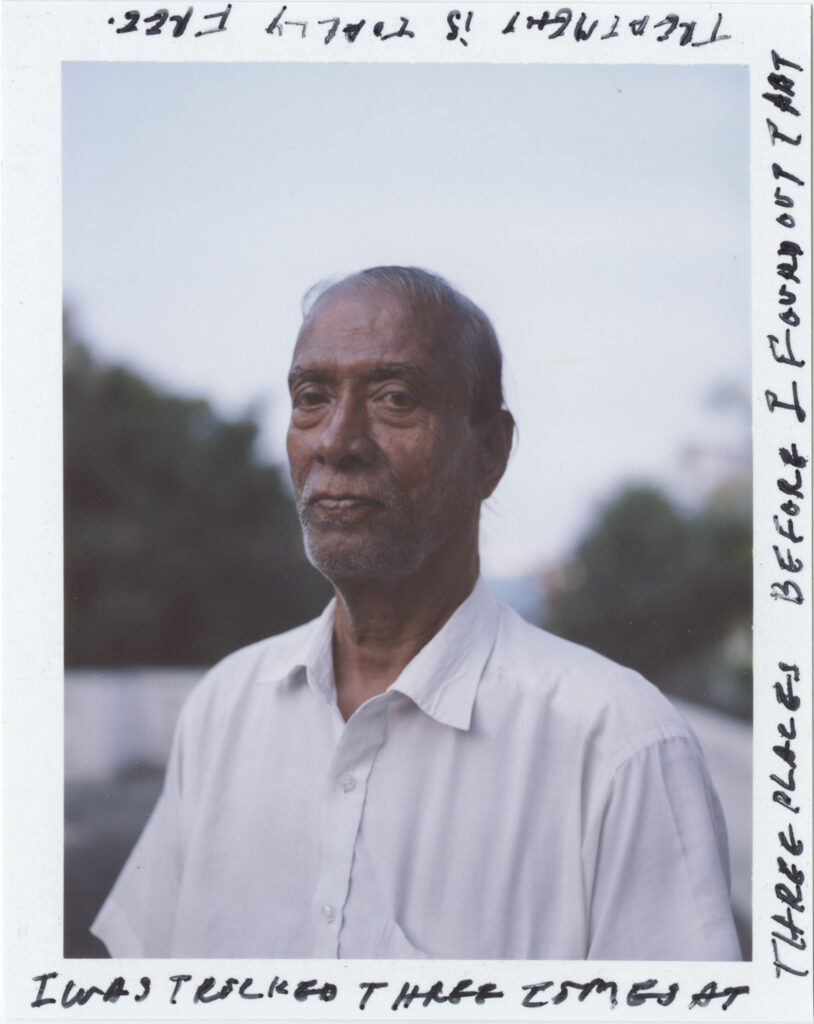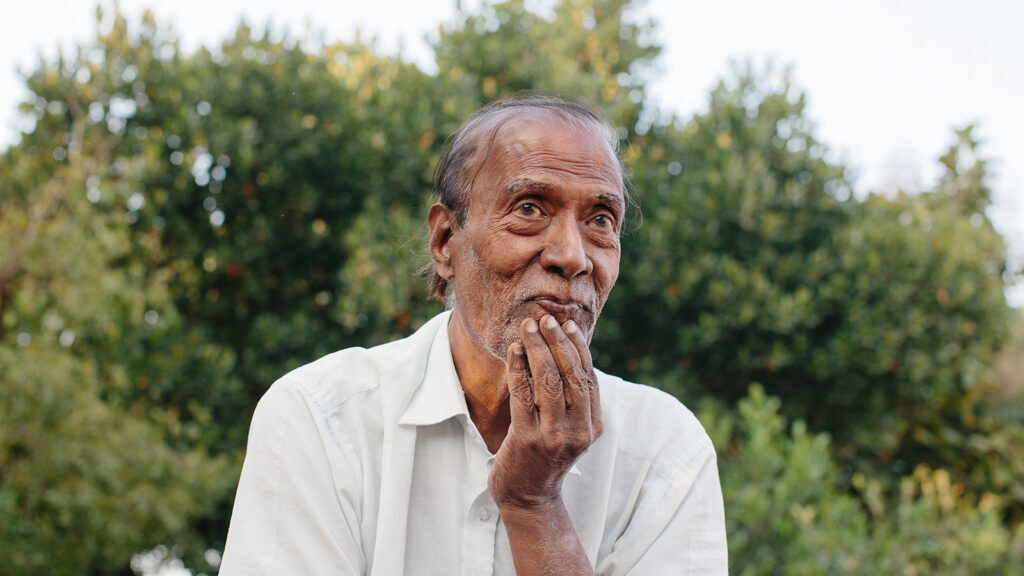
V N Iyer, 69, is a retired engineer and also lectured at an engineering institute. He developed leprosy in April 2018, which lumps appearing on his face. He visited a private doctor, but they failed to diagnose his decision. He was then seen in a private hospital, where he had a skin biopsy done, and he was told he had leprosy. However, they also incorrectly told him he would die in three months.
Because he lives close to the Blue Peter Health and Research Centre, he went there, and they also confirmed he had leprosy with a skin smear test after three hours. He was put on MDT and steroid treatment and assured that his disease was treatable. The skin lesions got much better after starting treatment. Now he is much better and has no visible patches. He still attends that clinic every three months for a follow-up.
Iyer says he felt unclean when he learnt he has leprosy. He self-isolated from his wife, using a separate towel, crockery, and didn’t share a bed with her until he’d taken treatment for a few months. His daughters, who live in Australia and New Zealand were supportive, as was one of his sisters. However another one of his sisters has not seen him since he was diagnosed. He gave up his teaching job for a year, because he was worried that his students might catch the disease from him. He finally went back to his teaching post after a year, but retired shortly afterwards.
He avoided his friends for four months while taking treatment.
“In India, if you have leprosy, it’s terrible to live. You feel like the life has gone out of you and the word for leprosy in the regional language is demeaning”. There were so many obstacles that he faced on the path to correct information and diagnosis.
“People can get over this disease with courage and determination. Educating women in rural areas about leprosy might help break the stigma.”
Interview by Dr Diana Lockwood. All photos taken in Hyderabad, India 2019 ©Tom Bradley


